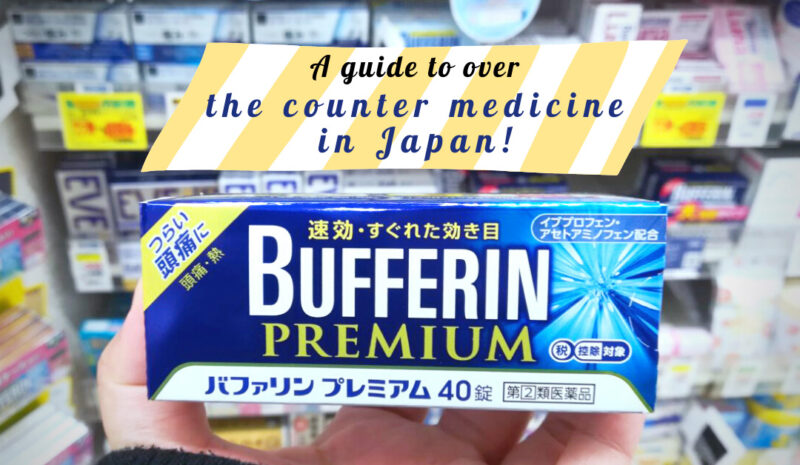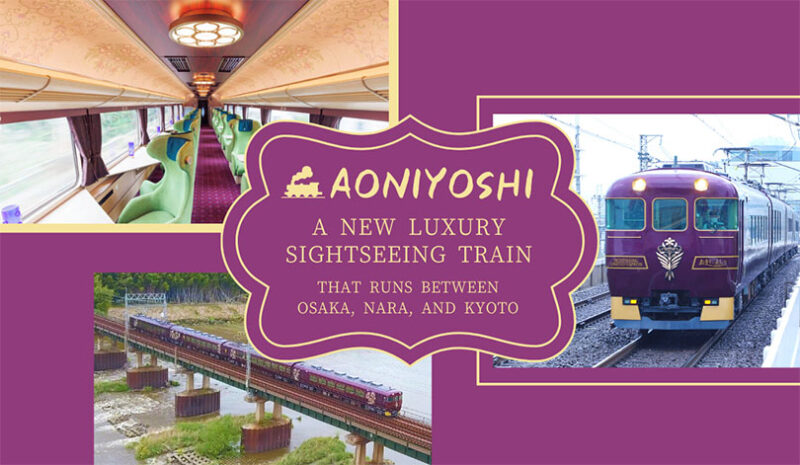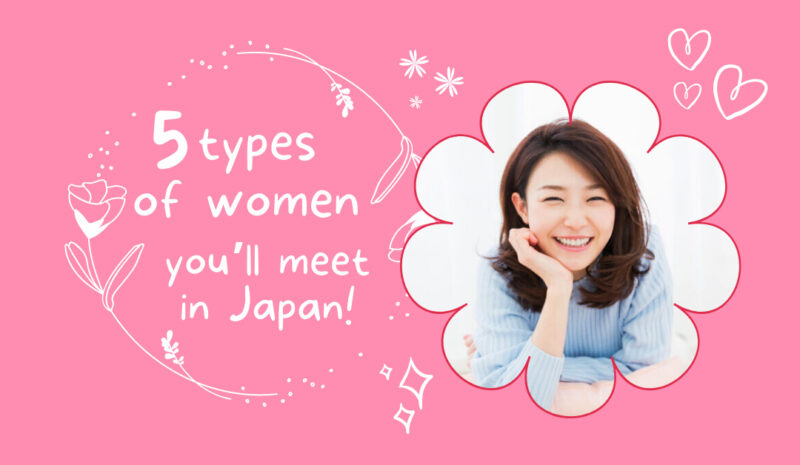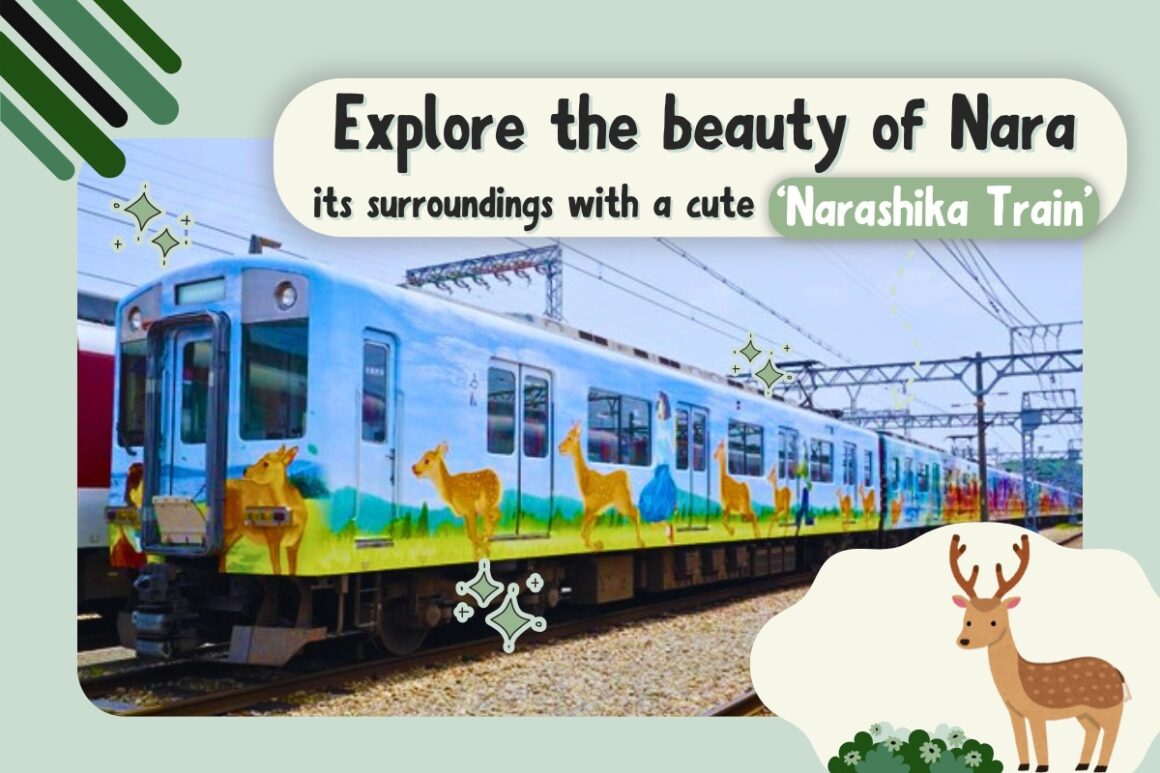Some Japanese words that have no one-word equivalent in English
May 01, 2025
Some Japanese words that have no one-word equivalent in English
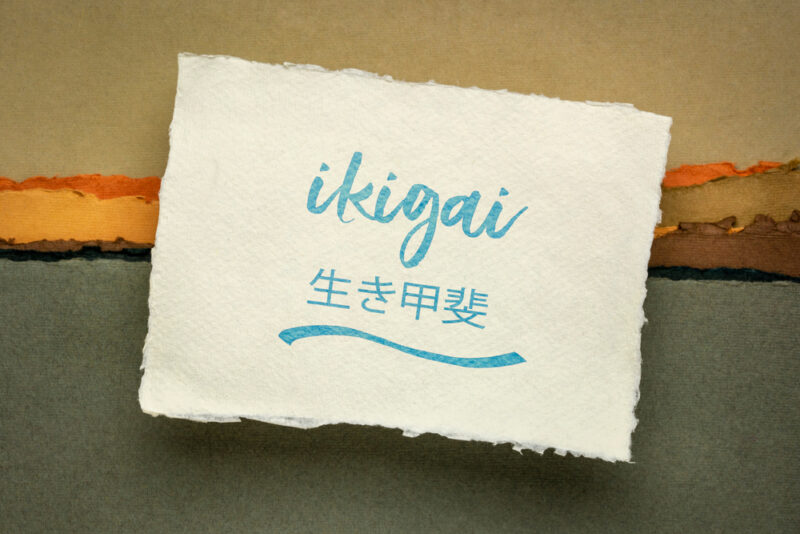
Some Japanese words that have no one-word equivalent in English
Japanese is one of the hardest languages to learn, and if you’ve tried to learn the language before, you might have recognised that some Japanese words cannot be expressed in a single word in English.
Today, we’ll introduce some interesting Japanese words that have no one-word equivalent in English. If you’re learning Japanese, you might want to remember this to impress your friends and teacher!
Index : Some Japanese words that have no one-word equivalent in English
- Kuidaore (食い倒れ)
- Nemawashi (根回し)
- Nekojita (猫舌)
- Wasuremono (忘れ物)
- Komorebi (木漏れ日)
- Unkai (雲海)
- Irusu (居留守)
- Shinrinyoku (森林浴)
- Itadakimasu (いただきます)
- Ikigai (生き甲斐)
1. Kuidaore (食い倒れ)

Kuidaore means eating yourself into bankruptcy. This term usually describes a person who loves eating and drinking so much that he is willing to spend all his money on it. Do you know anyone who fits this characteristic?
2. Nemawashi (根回し)

Nemawashi literally means laying the groundwork, and it’s the first step in the decision-making process in Japanese business culture. It is the sharing of information about the decisions that will be made, in order to involve all employees in the process by seeking opinions on those decisions.
3. Nekojita (猫舌)

Nekojita literally means cat tongue, and it is used to describe someone who is sensitive to hot food and drinks.
4. Wasuremono (忘れ物)
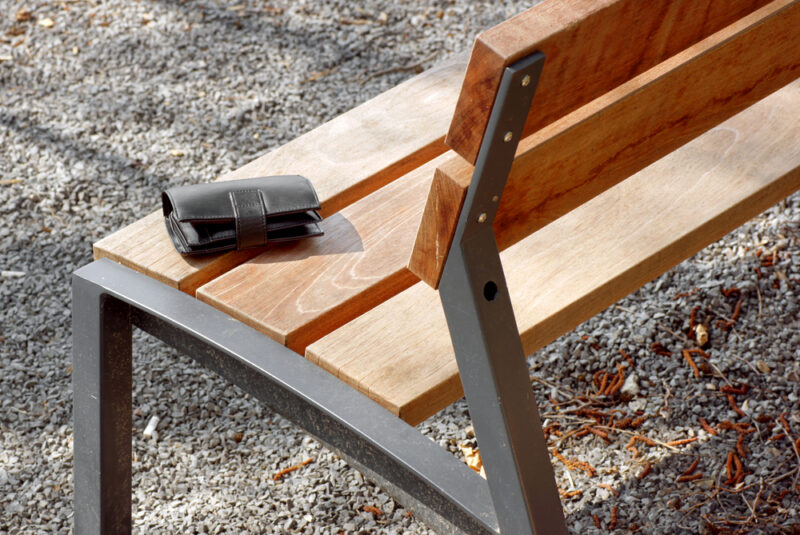
Wasuremono literally means something left behind unintentionally, or forgotten and we don’t have one word in English you can use to say you lost or forgot something.
5. Komorebi (木漏れ日)

Komorebi literally means sunlight filtering through trees, and this term is used to describe shots taken when sunrays kiss the ground through trees.
6. Unkai (雲海)

Unkai literally means sea of clouds, and it is known as a popular activity in Japan, where people head out early to mountain ranges in the morning to see unkai.
7. Irusu (居留守)

Irusu literally means pretending to be out of the house. Japanese do this every now and then to avoid annoying neighbors or salesmen.
8. Shinrinyoku (森林浴)

Shinrinyoku literally means forest bathing, and Japanese do Shinrinyoku to reconnect with nature by relaxing in a forest.
9. Itadakimasu (いただきます)
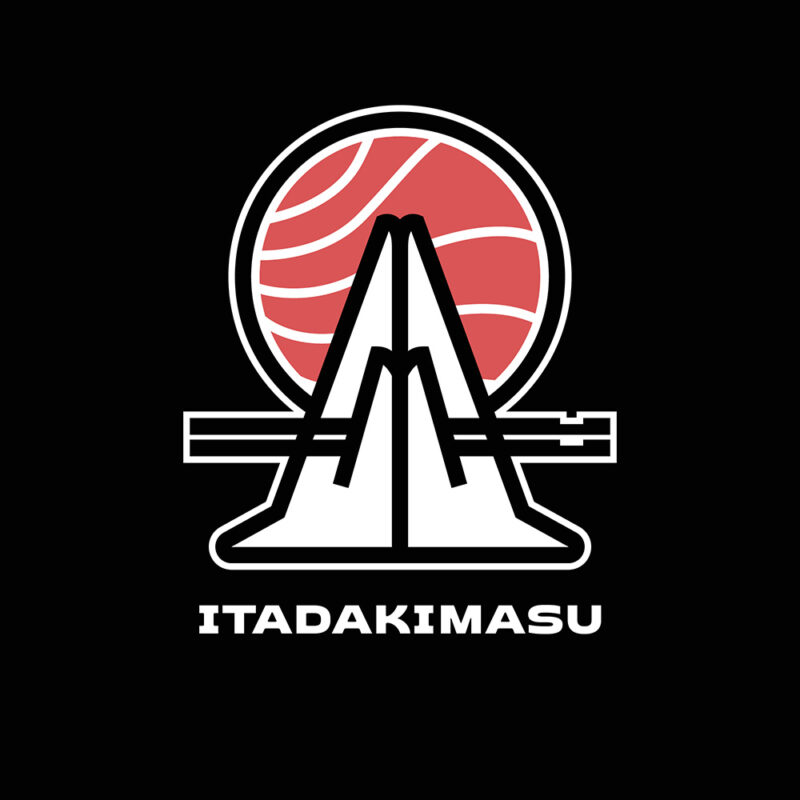
Itadakimasu literally means “I humbly receive”, but the phrase is usually used to express gratitude to everyone who made the meal.
10. Ikigai (生き甲斐)
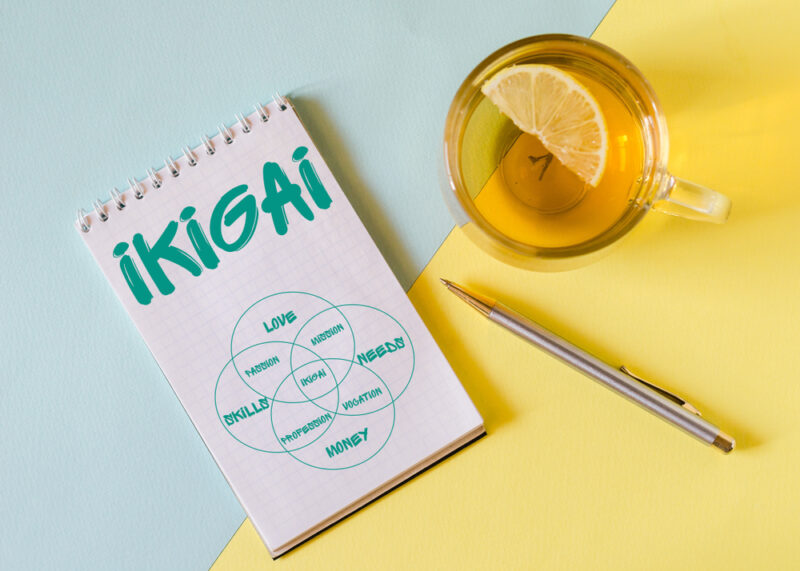
Ikigai literally means a reason for being, and this phrase is a concept referring to something that gives a person a sense of purpose, a reason for living.
Read more articles
- Six supplements to purchase from the Japanese pharmacy
- From kake udon to zaru udon, which one is best for you?
- Japanese phrases to use at Japanese restaurants
